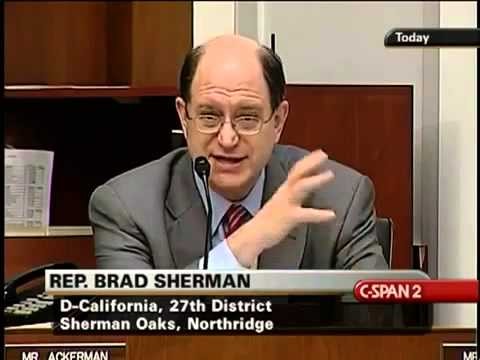Votes to invest 5% in hedge funds
Post on: 16 Июнь, 2015 No Comment

The board of the San Francisco Employees’ Retirement voted 6-1 Wednesday to sink 5 percent of its $20 billion portfolio in hedge funds, a much smaller investment than its staff recommended last year.
In June, the staff of the city’s pension system recommended putting 15 percent of the fund’s assets — or $3 billion — in hedge funds as part of a portfolio makeover, but said it would be comfortable investing as little as 10 percent.
A vocal group of city employees and retirees opposed the plan, saying hedge funds were too risky, too expensive, too loosely regulated and not transparent about their holdings. They grew more agitated after the giant California Public Employees Retirement System announced in September it would exit all hedge funds.
In December, the San Francisco system’s board postponed a vote on the plan to consider an alternative proposal set forth by board president Victor Makras that called for investing 5 percent in hedge funds, and, in a new twist, putting 3 percent in Bay Area real estate.
The staff, headed by William Coaker. who joined the pension system last February as chief investment officer, evaluated the new proposal and came up with another of its own, which was approved by the board.
It will reduce the target allocation for U.S. and foreign stocks to 40 percent from 47 percent, increase private equity investments to 18 percent from 16 percent, increase real assets including real estate to 17 percent from 12 percent, reduce bonds and other fixed income to 20 percent from 25 percent and increase hedge funds to 5 percent from zero.
It does not call for investing specifically in Bay Area real estate, which the fund already does to some extent.
Hedge funds usually invest some money in strategies designed to make money when the stock market falls. As a result, they typically lag the market and traditional funds when the market does well, but outperform when the market goes down.
Coaker said he wanted a stake in hedge funds to help reduce the portfolio’s volatility and prevent the steep losses suffered during the 2008 stock market crash. Its assets dropped from $17 billion before the crash to a low of $11 billion. To help make up the shortfall, the city and employees increased their contributions to the fund.

In a memo issued Wednesday, Coaker said the staff had “taken into account the concerns” of city workers and retirees, but said it still believes hedge funds “can play an important role to increase the stability of our funded status, improve our performance in down markets, reduce our beta (volatility), and increase or alpha (or excess returns over the broad market).”
The only board member who voted against the proposal was Herb Meiberger. who previously worked as a security analyst with the pension system. “I just don’t think this is the answer,” he said.
At Wednesday’s board meeting, more than three dozen people urged the board to vote against hedge funds. Only one or two were in favor, including Terri Dowling, a worker with the city’s Department of Public Health. She said the International Federation of Professional & Technical Engineers Local 21 was supported a 10 percent investment in hedge funds. “Alternative asset allocation will really protect the fund in a downturn. We recognize that there are concerns with this approach, but we believe this board listens to its experts and makes prudent decisions.”
One speaker said the only reason hedge funds exist is because our economy is incapable of funding housing, school, health care and other things people need and is only capable of making paper profits. “It’s disgusting that you guys are even thinking of it,” he said.
Historically, hedge fund managers charged an annual management fee of 2 percent of assets plus 20 percent of profits, but Coaker said that “two and 20 is a little outdated.” Today, he said, the average is more like 1.7 percent per year and 17 percent of profits and that the system would seek to negotiate even lower fees.














